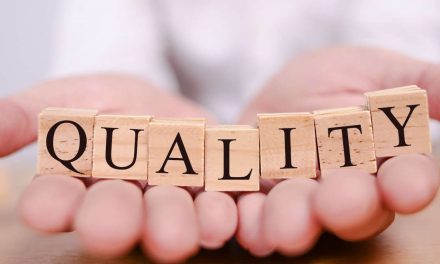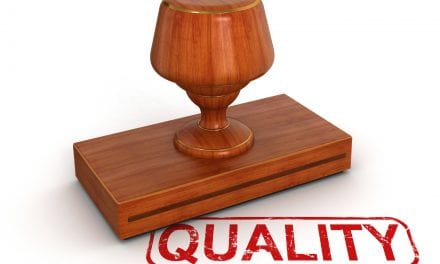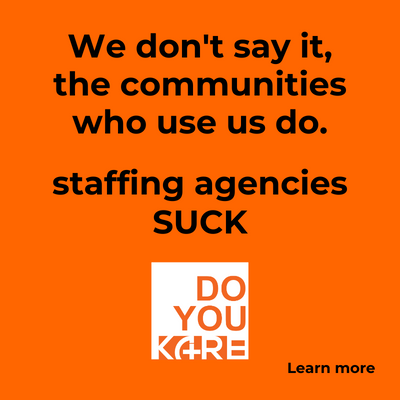By Leigh Ann Hubbard
During a recent Foresight team meeting, I shared what some community-level insiders have told me this year.
“I think we’re on the verge of another apocalypse,” I said, “if even a fraction of people are feeling how these local leaders are.” The team asked me to publish what I told them.
Following is the transcript, edited for print, with details changed to protect sources.
When the Battle Began
Back when COVID first hit, it was bad, of course, and community-level leaders were scrambling. Essential staff quit. Senior living newcomers and veterans were in the same boat—no one knew exactly what to do. They had to figure out how to keep people alive.
They trained and learned to do things that were never their job before. And they had to make decisions they were never prepared to make, because the people who were supposed to make them were gone.
It’s insane what they went through—if you can imagine being put in that position and having to make impossible decisions.
But at the same time, they were being called heroes; people were holding signs as they went into work. We were all in this together. And there was a light at the end of the tunnel. This could only last a couple of months, right?
Never Ending Confusion
Well, two years later, not only has it lasted and omicron is here, but we’ve got conflicting guidelines, and everything is very confusing, even coming from our government.
They cannot get staff. We all know there’s a staffing crisis, and okay, that sounds bad. But talking to them, one-on-one? They’re at their wit’s end. They can’t live like this. And there’s no hope in sight. There’s no end in sight.
The staff members who are coming to work are burned-out too. A community will offer $30 extra per hour for a nurse to take an additional shift, and the nurses won’t take it. They have people quit all the time—and people not show up.
These leaders at the local level are done. I don’t know how they’re even continuing doing it.
When Support Isn’t Support
They’ll go to their national-level people and say, “This is bad. I can’t do this anymore.” And a lot of times, the national office—it’s not that they don’t mean well, but they don’t get it. They pat them on the head. They say, “It’s gonna be okay.” They don’t get it, and they have no idea how to help.
They’ll tell the executive directors and administrators that “self-care is important”—they must do self-care. But then they’re texting them 24/7, and these local leaders are already working nonstop. They are on constant alert.
I asked what would make it better. That’s a hard question for them. But one thing they’d appreciate is if the national-level people in the C-suite would come to the communities and put on the PPE and do the dirty jobs. If they would come experience what it’s like—see the ins and outs and how everything works—that could be an important step. So they’re craving more real support from the national level.
I talked with a therapist who’s worked with people in senior living, and she said they—these are my words—it’s like they’ve been through a war. It’s like they’re traumatized, and they have PTSD.
But the way she described it is they have dropped their emotions. They cannot have emotions anymore. And now they’re at a point where they need some emotions, or they need something.
It’s serious out there, and it’s getting worse. One senior living job board had 1,000 new jobs posted yesterday. It’s crazy.
End transcript.
How Are You?
Do you work in senior living? Would you be willing to share your story?
How are you? What could your company leadership or the industry do to make things better? Is it getting better?
Please share your insights with us. You’ll influence future content. Our mission is to make senior living better, for residents and staff. If you’d like to remain anonymous, just let us know, and we will honor that. Thank you.








